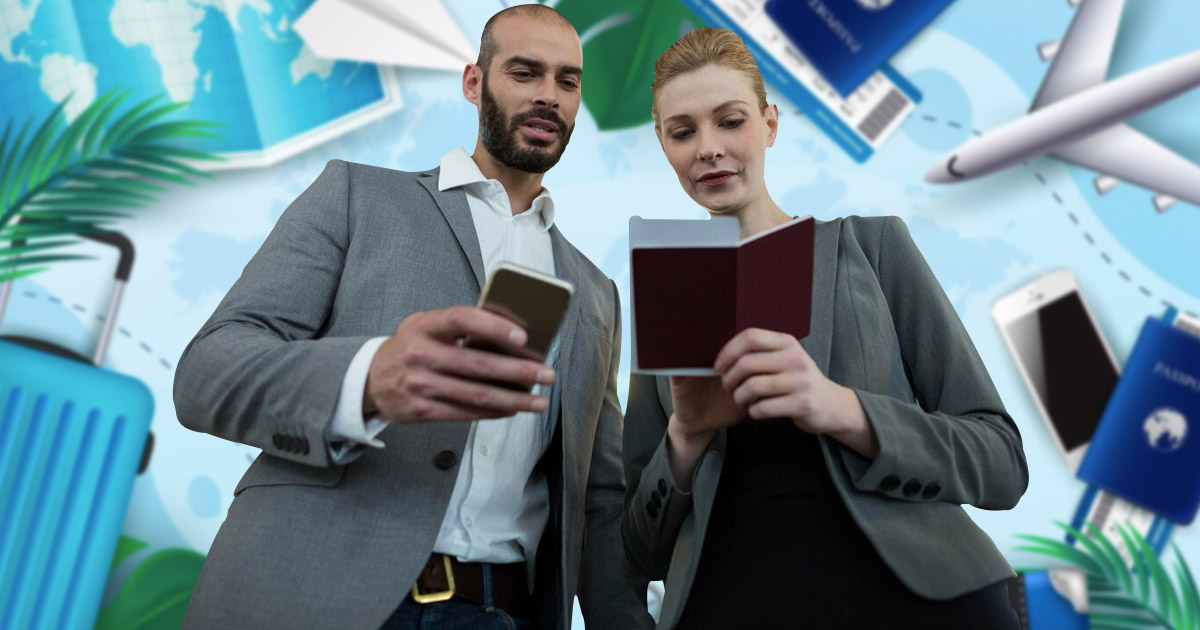How Social Dynamics Differ in Business Class and Economy Class

When you’re booking a flight, one of the first decisions you’ll face is whether to fly business class vs economy. While both options will get you to your destination, the cabin culture—how people interact, behave, and experience their surroundings—can be totally different. Business class gives you a more exclusive, comfortable, and often quieter environment. On the other hand, economy class is usually packed, basic, and a little more social. So, how do the social dynamics change between the two? Is business class better than economy? Let’s find out!
Business Class: Exclusive and Quiet
Business class feels like an exclusive club. The vibe is relaxed, calm, and a little more private. With fewer people and more space between seats, most passengers keep to themselves, whether they’re working on their laptop, making a call, or just reading. The whole place feels professional, and people tend to keep interactions short and polite.
The flight attendants are more attentive since they’re dealing with fewer passengers, which helps keep things smooth and quiet. Everyone’s just doing their thing, whether that’s preparing for meetings or kicking back before they land. The whole vibe is all about getting from A to B in comfort.
Economy Class: Loud and Lively
On the flip side, economy class is much more lively and social. The cabin is packed with passengers, and there’s a lot more chatter. People are more likely to strike up conversations with neighbors, whether it’s about the flight, their destination, or just making small talk to pass the time. The difference between economy and business class shows in how passengers engage with each other. The close proximity of seats means it’s harder not to interact, and some passengers enjoy that more relaxed, community feel.
The service in economy class is more basic since flight attendants have more passengers to take care of. Meals are served quickly, and you’ll often share screens for entertainment. Even with all the hustle and bustle, the atmosphere in economy class is still a lot more laid-back compared to the more serious tone of business class.
Personal Space and How People Interact
Personal space is where things start to differ. In business class, space is paramount. The seats are wider, they recline into full beds, and there’s more room to stretch out. Because of that, people in business class tend to keep to themselves more. Most passengers are either working or relaxing, so interactions are kept to a minimum. It’s more about enjoying the peace rather than socializing.
In economy, though, it’s a different story. With the seats crammed closer together, personal space is limited. People are more likely to chat with their neighbors or even ask about your destination. It’s all part of the communal vibe. Some people may not like the close quarters, but for others, it’s an opportunity to meet new people or pass the time with a good conversation.
The Class Divide: How Status Plays a Role
There’s definitely a social divide when it comes to flying business vs economy. Business class passengers usually pay way more for their tickets, which can create a sense of privilege. However, the professional setting of the business class tends to keep things pretty low-key. Passengers are there to work, relax, or just unwind before their next meeting.
On the flip side, economy passengers are more likely to feel a sense of camaraderie. Despite the noticeable price difference, people often bond over the shared experience. However, the physical separation between the two cabins (like different entrances and seating areas) keeps interactions between the two classes to a minimum.
Service and How It Affects the Vibe
Service is a big factor in setting the tone for each cabin. In business class, the service is top-notch. You get gourmet meals, premium drinks, and a flight attendant who’s there to take care of your every need. That kind of service keeps things feeling refined and exclusive. But the interactions are usually quick and professional—no one’s here to chat unless they want to.
In the economy, though, the service is more functional. Flight attendants are more focused on efficiency than personal connections due to the increased number of passengers. Such an atmosphere can lead to passengers relying more on each other for entertainment, whether that’s chatting with a neighbor or swapping stories about the destination. The whole vibe is way more relaxed, and passengers are more likely to engage with each other.
How Your Seat Affects Your Social Experience on a Flight
The social dynamics in business class and economy class highlight how our environment can shape our travel mindset. In business class, the quieter, more private setting may encourage focus and solitude, offering a sense of exclusivity, while economy class fosters a more communal vibe.
The interactions you have—whether they’re brief and professional or light-hearted and spontaneous—can influence your overall travel experience. It’s a reminder that how we connect, or choose not to connect, with others in the cabin can affect how we perceive the journey itself. Flying isn’t just about getting to the destination; it’s also about how we feel along the way.
